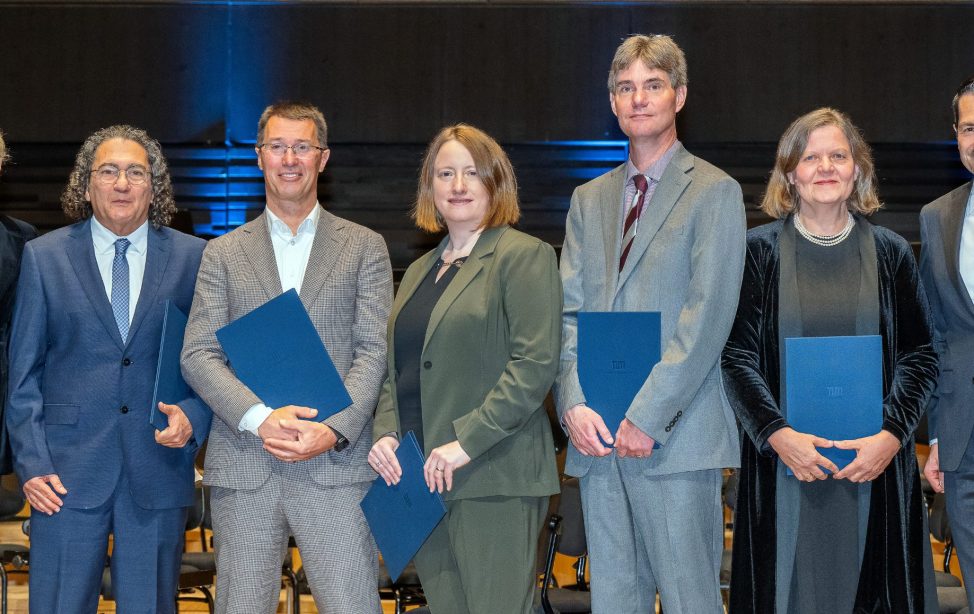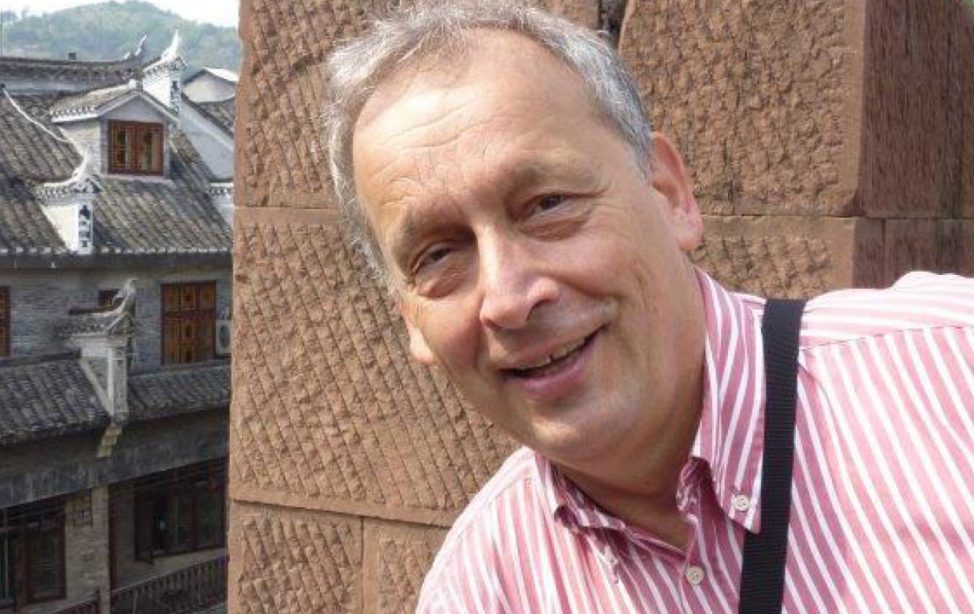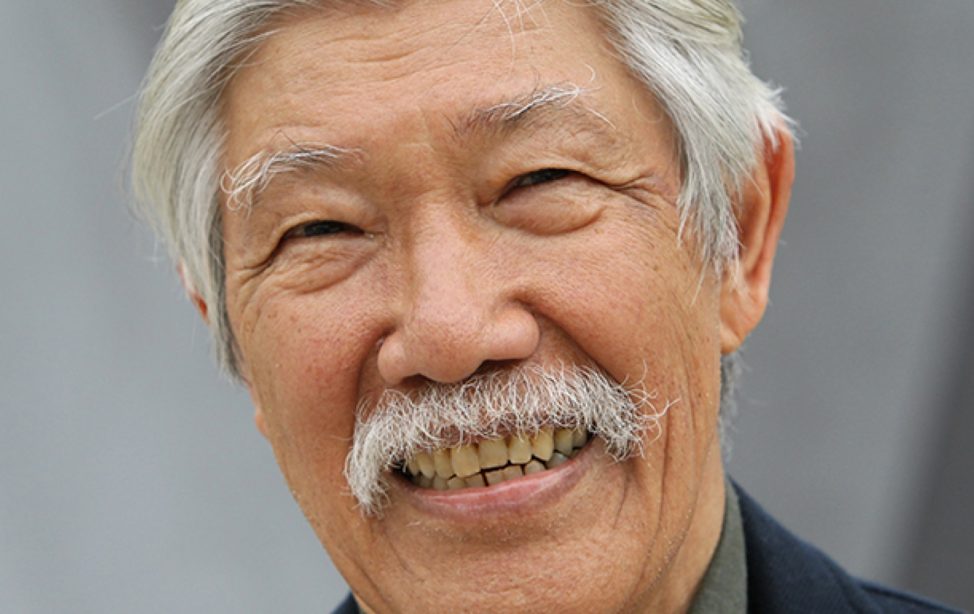
In 2019, the Charles Darwin Foundation celebrates its 60th anniversary. Dr. María José Barragán Paladines talks at the General Assembly about the dangers facing the Galapagos Archipelago as a result of climate change, runaway disordered tourism and illegal fisheries (Image: Juan M. García/FCD).
After almost ten years of intensive research, María José Barragán-Paladines concluded that she was not able to solve complex issues and the threats to the biological diversity conservation with her knowledge of biology alone. Her aim was to get a better understanding of current problems, from a comprehensive standpoint, looking at the sustainability first and at the ocean governance, later on. So she looked for an appropriate course of study and came across TUM’s Master’s Degree in Sustainable Resource Management. She explained why she chose TUM by saying, “it’s a well-known international program at one of Europe’s most renowned universities,” adding, “luckily, they accepted me.”

The Galapagos giant tortoise can live well over 150 years. She gave the archipelago its name in the 19th century. Until then, the archipelago was called "Enchanted Islands" (Image: María José Barragán Paladines/FCD).
Studying at TUM allowed me to see the big picture.
The course offered a wide range of disciplines and themes, but it wasn’t just the curriculum that was diverse – María José Barragán-Paladines was also impressed by how international the Master’s program was. “There were 20 different nationalities in one course,” she remembers. “This meant that TUM offered a really rich and interesting learning environment where cultures, languages and interests could meet and be shared.”
Interdisciplinary research
María José’s time at TUM was seminal to her academic and professional career following her graduation from the Master’s program in 2008. She notes that, “the journey that started at TUM became a trend in my life from then on,” and insists on how important interdisciplinary and intercultural teams are, in her current role, too – María José Barragán-Paladines has been the Science Director of the Charles Darwin Foundation for the Galapagos Islands since 2018 and is the first Ecuadorian and first woman to hold this position. The Galapagos Islands, situated in the far reaches of the Pacific Ocean, are home to unique flora and fauna. Almost the entire archipelago is a national park, and is under strict nature conservation measures. It is the first UNESCO’s world heritage site.
The marine iguana is a type of iguana that only exists in the Galapagos Islands. María José works to contribute to the survival of this special animal (Image: Juan Manuel García/CDF).
In the long term, María José Barragán Paladines would like to go into teaching so she can share her knowledge with the next generation of researchers. Speaking from her own experience, she advises young researchers to look further than the ends of their noses and be open to findings outside their areas of study. First and foremost, however, María José Barragán-Paladines wants to impart her maxim on the next generation: determination. “Determination strengthens important values such as discipline and engagement which are necessary for achieving personal and professional goals.” This recipe for success has contributed to the fact that María José Barragán Paladines now lives her lifelong dream.

María José Barragán Paladines (Picture: Magdalena Jooss/TUM)
Master Sustainable Resource Management 2008
María José Barragán-Paladines worked for NGOs on ocean conservation projects for almost 10 years after getting her Bachelor’s degree in Biology at Pontifical Catholic University in Ecuador.
She studied Sustainable Resource Management at TUM from 2006-2008 so as to be more comprehensively prepared for the urgent issues she faced in her work. She obtained her PhD in Human Geography from Memorial University in Newfoundland, Canada, graduating in 2015 and was a Post-Doctoral Researcher, until 2017, within the ‘Development and Knowledge Sociology’ team, at the Leibniz Centre for Tropical Marine Research (ZMT) in Bremen.
María José Barragán Paladines has developed her own research agenda as part of her long-standing research. Her publications, especially on global small-scale fisheries research, governance, policy and practice are some of the most important scientific texts on the subject. She has been the Science Director of the Charles Darwin Foundation for the Galapagos Islands since 2018.
Maria José Barragán-Paladines has devoted her life to science and the protection of the oceans, something which has been made possible not least by her husband, who completely supports her dream and takes care of their six-year-old son. María José Barragán Paladines likes spending the little free time she has with her family on the beaches of the Galapagos Islands, where they go swimming and snorkeling and often see sharks and rays.


